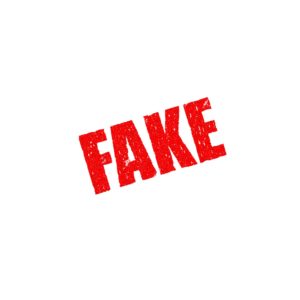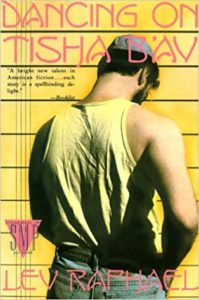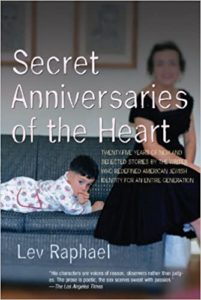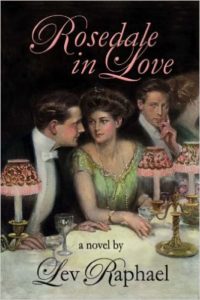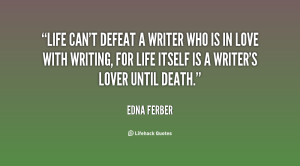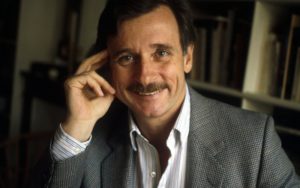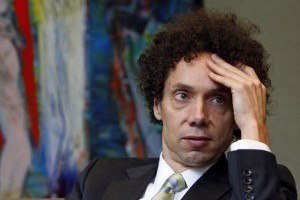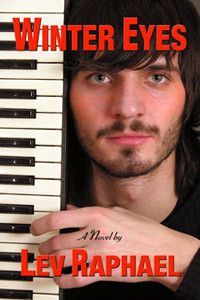Back in 2017, I contacted Goodreads to let them know that this top-ranked quotation by George Eliot is bogus, and I sent proof:
It is never too late to be what you might have been.
Yes, you’ve seen it attributed to Eliot everywhere: Twitter, Facebook, Pinterest, t-shirts, kitchen magnets, mugs, bookmarks, tote bags, tattoos. But there’s no source. None.
I read George Eliot in college religiously, and read about her as well because she was a major inspiration to me as a budding writer. So the first time I saw the quote it felt off to me — a bit too peppy, more like something from a Hallmark greeting card.
I poked around the Internet, and though it’s inescapable, there’s no attribution. Nobody who knew Eliot records it as a comment she made, it’s not something she wrote in her diary, and it doesn’t appear anywhere in her writing. That’s been proven by Eliot scholars, as reported in The New Yorker. It’s also been researched by a great web site, Quote Investigator, which shows a long history of misquotation.
Eventually, someone at Goodreads asked me to post on the “Librarians page” and said the team would investigate. I did, but what was there to investigate? That had already been done by scholars who I imagine have more expertise than the intrepid Sherlocks at Goodreads.
Well, the bogus quote is still there. A Goodreads “expert” recently emailed me to say that Goodreads doesn’t take down quotes. It’s now listed as “source-unknown” which is just plain wrong: The source isn’t unknown, it’s nonexistent. But the “quote” makes great click bait.
Lev Raphael is the author of Writer’s Block is Bunk! and 26 other books in many genres. He mentors, coaches, and edits writers at writewithoutborders.com
Image Credit: Pete Linforth from Pixabay

